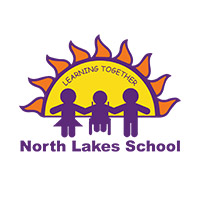Case Study: North Lakes School
Penrith
CA11 8NU

Martyn Soulsby of North Lakes School, Penrith, answers some questions about the impact that Charanga’s Musical School has had on the school’s music provision.
How would you characterise the school and what are its main challenges?
North Lakes School is a thriving Community Junior School and has long enjoyed a reputation as a creative and inclusive school. The school serves a large catchment area and a socially diverse community. In 2018-19 the school is organised into eight mainstream classes. North Lakes School is fully committed to its Resourced Provision for children with complex or profound Special Educational Needs, and children from this Provision are integrated as far as possible within the mainstream classes. North Lakes School was inspected in September 2018 and recognised in a very positive report by Ofsted as a good school with many strengths.
KS2 test results were well above national averages in 2018, overall pupil progress is strong and vulnerable groups of pupils make good progress. All staff are fully committed to ongoing school improvement. North Lakes achieved the Inclusion Quality Mark Award for a second time in 2018 for its work with children with Special Educational Needs. Very proud of its prestigious national Sing Up Platinum Award and its SAPERE Gold Award in Philosophy for Children, the school was shortlisted for Cumbria Primary School of the Year in 2016 and won the CN Golden Apple Award for Best Use of Technology in 2017.
How would you describe music in the school before Musical School was adopted?
North Lakes has always had a strong approach to music and is well known for its approach to singing. Singing is regarded as a separate curriculum area to music – hence our Platinum Award. Curriculum music varied in quality when it was provided by non specialists and they were reluctant to teach music despite the clear pathway and curriculum time provided by the school.
What impact has Musical School had on the pupils?
Musical School has restored teacher confidence and empowered non specialists – every teacher can now teach music and does! as well as singing. We have a clear progression of skills from Y3-6 which includes Musical School and additional singing sessions twice weekly, With regard to First Access (FA) music in Y5&6 for all children, Musical School fully equips our children ready for FA music and all children leave NLS with at least two years of woodwind tuition. Having Musical School means that we now have greater uptake for our peripatetic instrumental lessons and we now have an orchestra – children want to develop their musical skills all of the time, through writing raps, learning to play additional instruments and joining other clubs. Musical School has also ensured greater uptake as they progress to KS3. Our Resourced facility uses the resource and children access the FA music sessions with their peers – it is fully inclusive. Music was mentioned in our recent Ofsted and IQM report.
What impact has Musical School had on the staff?
Staff are empowered to teach music – they have the resource at their fingertips and are no longer scared of music. It used to be something left for supply but not any more. Due to the nature of Musical School, music happens throughout the day as staff can use it whenever they like and they are exploring the wealth of resources on there. Teachers AND teaching assistants are volunteering to attend Charanga training – this never used to happen.
What are your plans for music going forward?
Plans are to develop our orchestra further and to look at more ways to showcase our school approach to music. We plan to continue to be a Centre of Excellence for Charanga through training and host a special SEND session.
